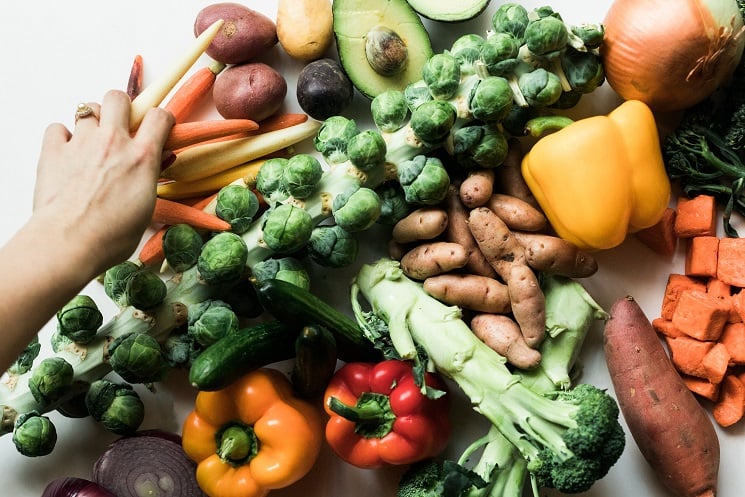COMPELLING new research has revealed that a high-fibre diet has been linked to an increased progression-free survival (PFS) in patients with melanoma who are undergoing immunotherapy. This information comes from a randomised prospective clinical trial led by Jennifer McQuade, Assistant Professor of Melanoma Medical Oncology, University of Texas MD Anderson Cancer Center, USA, and involved 128 patients with advanced melanoma who were also receiving treatment with immune checkpoint inhibitors.
The key aim of the study was to assess how fibre intake affects the gut microbiome, and, in turn, the immune response to immunotherapy in patients with advanced melanoma, through the assessment of faecal samples, dietary habits, and the use of probiotic supplements. A higher intake of dietary fibre from different foods saw a significant increase in PFS, whereas patients with sufficient fibre intake did not reach median PFS. Eighty-two percent of patients who consumed sufficient fibre and did not use probiotics responded positively to immunotherapy treatment, compared with only 59% of patients who experienced either insufficient fibre intake or probiotic use.
McQuade noted: “Sufficient dietary fibre intake was associated with improved response to immunotherapy and in pre-clinical models, dietary fibre manipulation impacted antitumor immunity.” Scientists also concluded that every 5 g increase in daily fibre intake was linked with a 30% lower risk of cancer progression or death, whereas the use of probiotic supplements in isolation did not have any notable difference on PFS or treatment response.
McQuade concluded this research with the recommendation of a fibre-rich and plant-based diet but noted that there is currently no data to support that a switch in diet will improve treatment outcomes. “This is our next step in research. We plan to test the hypothesis that diet intervention will favourably modulate the gut microbiome and enhance immunity,” she said. “We have just completed accrual for our Phase I feasibility study of a controlled diet intervention in which all food is provided to a cohort of survivors of melanoma over the duration of the study. Both the microbiome and immune response will be longitudinally assessed. We are now enrolling on our randomised Phase II study of two different healthy diet interventions with varying fibre content in patients with melanoma receiving immunotherapy.”







